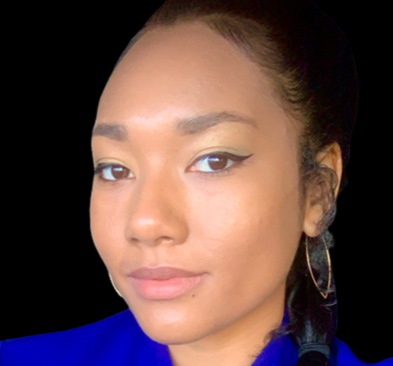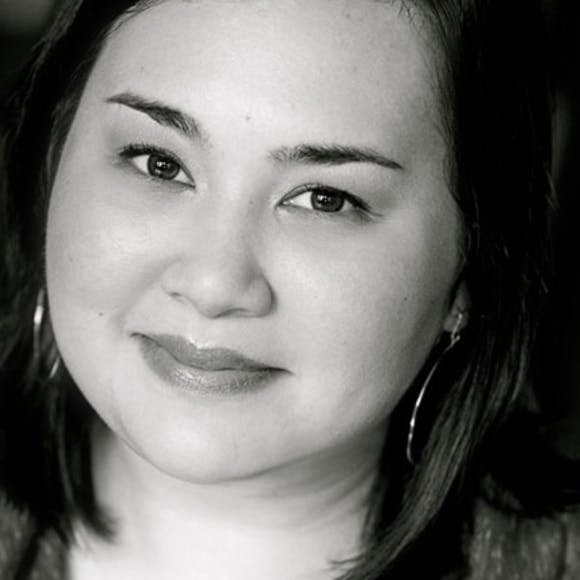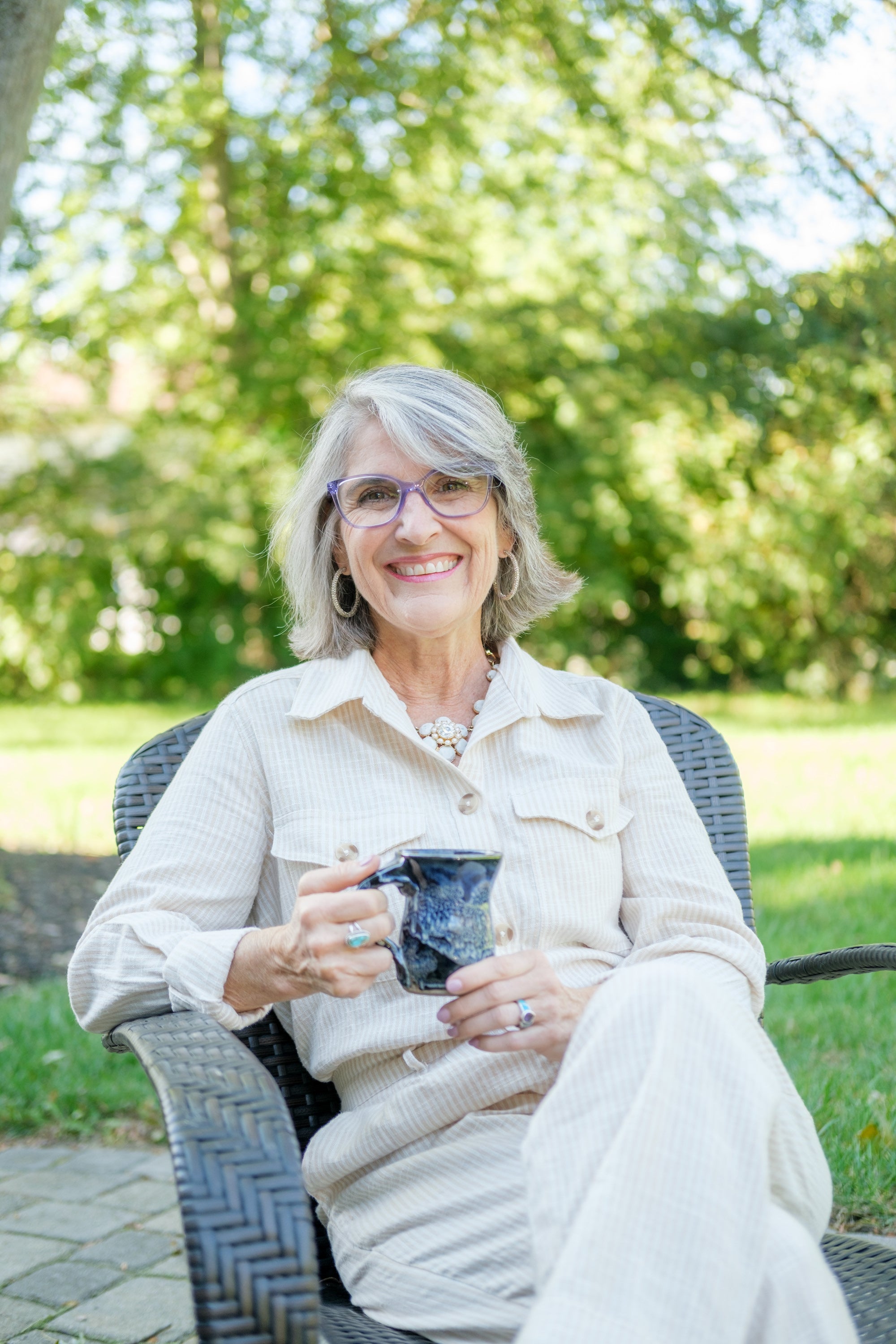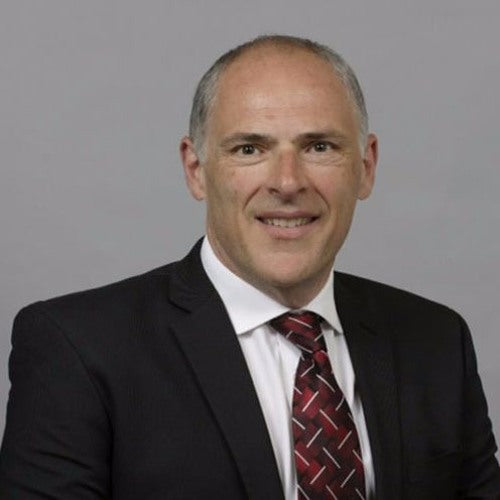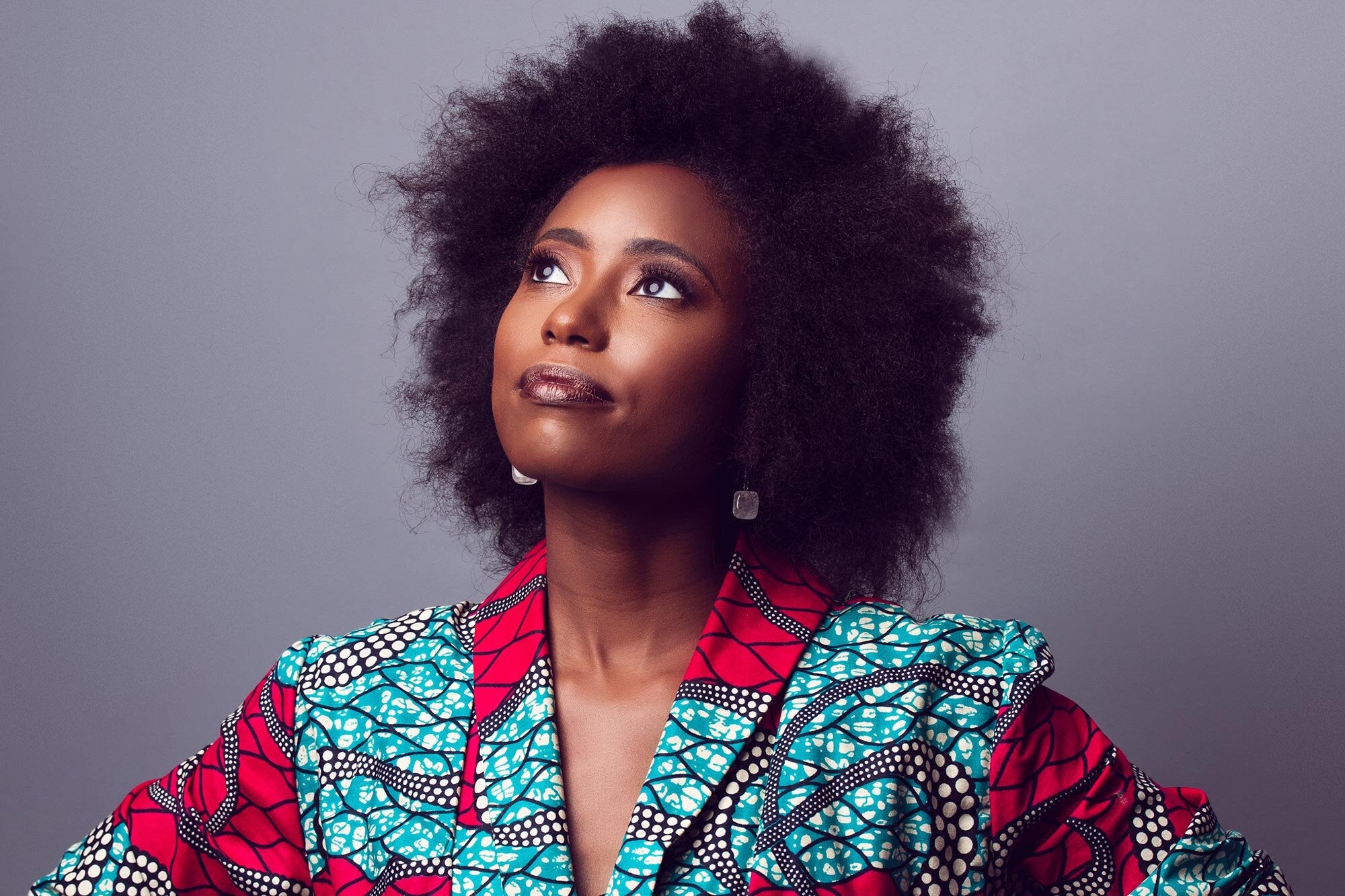Book: How to Cure A Ghost

Photo by James Emmerman for Milk
Author: Fariha Róisín
Author Bio:
Fariha Róisín is an Australian-Canadian writer, editor, and podcaster based in Brooklyn.
With an interest in her Muslim identity, race, pop culture and film (as well as queerness and how that intersects with being a femme of color navigating a white world) she has written for The New York Times, Al Jazeera, The Guardian, Vice, Fusion, Village Voice, and others. Previously, she has co-written a self-care column on The Hairpin, an astrology column for them and the writer-at-large and culture editor for new media company, The Juggernaut.
From 2012 onwards she co-hosted the podcast Two Brown Girls, a podcast that centered brown and black voices in film and TV, emphasizing the importance of representation. In 2016, she co-hosted a podcast for the Toronto Film Festival (TIFF) entitled Yo Adrian, which aired for one season. In 2017 she began a new series with TIFF called How Do You Solve A Problem Like, with the first season focusing on the lack of Asian leads in Hollywood. She is writing, producing and hosting the series.
Fariha published her first book How To Cure A Ghost (Abrams, 2019) as well as a journal on femme/non-binary body empowerment, entitled Being In Your Body (Abrams, 2019). She’s also working on her first novel, entitled Like A Bird (Unnamed Press, Fall 2020).
1. Where did the title of your book, “How to Cure a Ghost”, come from and what do you hope readers take away from the story?
When I really thought about the purpose of the book, and what I was attempting to do with it... I realized I was creating a template for healing. The ghost is everything the reader needs to cure. For me, it's white supremacy, abuse, my mother and ancestral trauma. I hope readers take away a desire to heal, and a feeling of possibility that it can happen.
2. Your ability to articulate “intersectionality” is admirable, growing up would you have considered yourself such a critical thinker or was this developed over time?
I was super, super radical as a kid. I joined Amnesty and Oxfam as a 12-year-old and would canvas in Sydney's CBD with my friend Manna. We were such nerds, reading Malcolm X's Autobiography, doing talks on Aboriginal incarceration rates. I went to the Iraq War protest as a 13 yeard old, by myself. I didn't give a f**k. At school, my principal really loved me and let me just get up at assembly every week and talk about garment factory workers in Bangladesh, or Millenium development goals, or world poverty. I was so extra, and all the other girls in my school thought I was legit too intense. But, I didn't care.
At the same time, I sort of lost that verve as I got older. I did an internship at the UN when I was 18 and it left me with a harrowing sense of loss. The bureaucracy of the UN made me realize my goal of being a human rights lawyer would be too arduous a journey. I don't have the stamina to deal with politics. So, I dropped out of school to become a writer. Somehow, I knew that writing would salve my wounds. Finally, I got my passion back.
3. Are there still ghost(s), that you find yourself having to cure today? And did telling your stories in this book help you cure any of them?
There are always ghosts. But putting the book out into the world, and to see it's small but assuring impact, has revitalized me.
4. Your book is full of some incredible illustrations. What made you put artwork in your poetry book and what emotions were you and Monica [Ramos] hoping to evoke?
Working with Abrams was a phenomenal gift because I love the team there. They are incredible. Monica was the first choice because she's such a talented illustrator—she's also Filipina, and Filipino culture is really embedded in ghost culture.
I knew she'd understand the layers of the words, and she did. Every illustration is an interpretation of me and my words, that's pretty phenomenal.
5. Being both Muslim and Queer, how have you been able to navigate in your community which is known for having very strict norms and beliefs?
Every community has strict norms and beliefs. Faith, vis-a-vis its application by humans into society, is a conservative construct. As a culture, we are homophobic—that's not something that Islam perpetuates, Muslims are not abnormally strict compared to say—Mormons, or Evangelical Christians. Let's not get it twisted. The conception of Islam in the West is completely divorced from the fact that Western, Imperial forces have radicalized Islam. It wasn't like this before American intervention. That's something people like to forget.
My understanding, upbringing, and love of Islam aren't of that milieu. Islam, historically, has been a very queer-friendly faith... so being Muslim and queer is not exceptional, there are many of us.
6. What scares you most about our society today?
Capitalism, greed and white supremacy.
7. What inspires you most about our society today?
The courage to say no to the forces at be; extinction rebellion; people that are actively working towards saving this planet.
8. At what age did you start writing poetry and where do you think you would be without it?
I started late, I formally started writing it at 24 as a form of catharsis. I might be dead if I didn't write this book, it saved me from a lot of internal pain.
9. What’s your best advice for getting over writer’s block?
To read. A lot.
10. What’s the best book you have read in 2019?
Top Three (3):
In Search of My Mother's Garden by Alice Walker
Dictee by Theresa Hak Kyung Cha
11. What’s the best advice you have ever received on happiness?
You can have it. Anyone can have it.
12. Do you plan on writing any more books in the future?
Yes! My next book "Like A Bird" (Unnamed, Fall 2020) comes out next year, and I'm working on three more books as well! So watch this space.
Places To Find More From This Author:
Instagram: @fariha_roisin
Twitter: @fariharoisin
Website: www.fariharoisin.com
Get Your of How to Cure a Ghost Today!
Other Author Interview You May Like:








